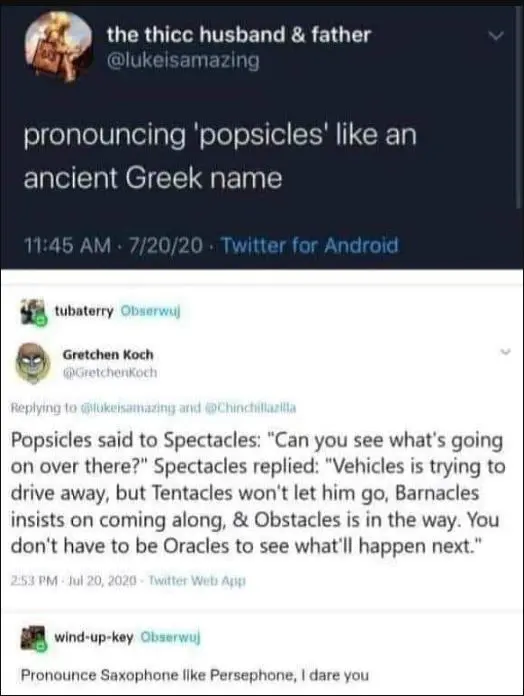this post was submitted on 19 Aug 2024
681 points (99.9% liked)
196
18458 readers
63 users here now
Be sure to follow the rule before you head out.
Rule: You must post before you leave.
Other rules
Behavior rules:
- No bigotry (transphobia, racism, etc…)
- No genocide denial
- No support for authoritarian behaviour (incl. Tankies)
- No namecalling
- Accounts from lemmygrad.ml, threads.net, or hexbear.net are held to higher standards
- Other things seen as cleary bad
Posting rules:
- No AI generated content (DALL-E etc…)
- No advertisements
- No gore / violence
- Mutual aid posts are not allowed
NSFW: NSFW content is permitted but it must be tagged and have content warnings. Anything that doesn't adhere to this will be removed. Content warnings should be added like: [penis], [explicit description of sex]. Non-sexualized breasts of any gender are not considered inappropriate and therefore do not need to be blurred/tagged.
If you have any questions, feel free to contact us on our matrix channel or email.
Other 196's:
founded 2 years ago
MODERATORS
you are viewing a single comment's thread
view the rest of the comments
view the rest of the comments

So, as a non-native English speaker, I'd like to ask:
If these letters weren't supposed to be pronounced, why the hell did you even put them there in the first place?
English is a mixture of many languages. Often English just took a word from another language and kept the spelling the same.
Examples:
Kindergarten. A German word which is pronounced like the German word. If you would pronounce it like it should then you would say kinder like in kind.
Bureaucracy. French word. Nobody knows how to write or pronounce it. French people are weird.
But isn't kindergarten pronounced as kindergarden?
Depends on the person and English-speaking region
Because english and a lot of other languages have just stopped changing their spelling to reflect speech, this is useful because it means you can read older texts and you have a fairly standard system of spellings so people don't get confused, but it means you're left with spellings that you just have to treat more like how chinese works, where it represents a concept but has absolutely nothing to say about how it's pronounced.
A lot of words in english look fucked because they're straight up from like 300 years ago.
Take "knight" for example: it used to be pronounced like it's spelled, /k-nei-ch-t/, and you can see how cousins like german and swedish have kept this pronunciation in Knecht and Knekt (although now meaning completely different things).
You can also see why we tend to have this standard unchanging writing if you compare to people who write in dialect, where it can become as incomprehensible as the spoken dialect.
Example from Terry Pratchett’s The Wee Free Men:
“Crivens! It’s a’ verra well sayin’ ‘find the hag,’ but what should we be lookin’ for, can ye tell me that? All these bigjobs look just the same tae me!”
I was half joking, but honestly thank you for the explanation. I hadn't thought of that.
You can thank french colonialism for that. Old English (Ænglisc) was a more phonetical language, but then the french took over (colonized) Ængland they forced Ænglisc to adopt countless french words, french spellings and even some french grammar with little to no regard for the phonetical consistency with the rest of the language.
The e at the end of the word makes the previous syllable longer. See saxophone/mastodon, Brightstone/Brighton, trampoline/mandolin, etc.
I BET there are a buttload of exceptions, but removing the e from the end of those words might mess with the pronunciation.